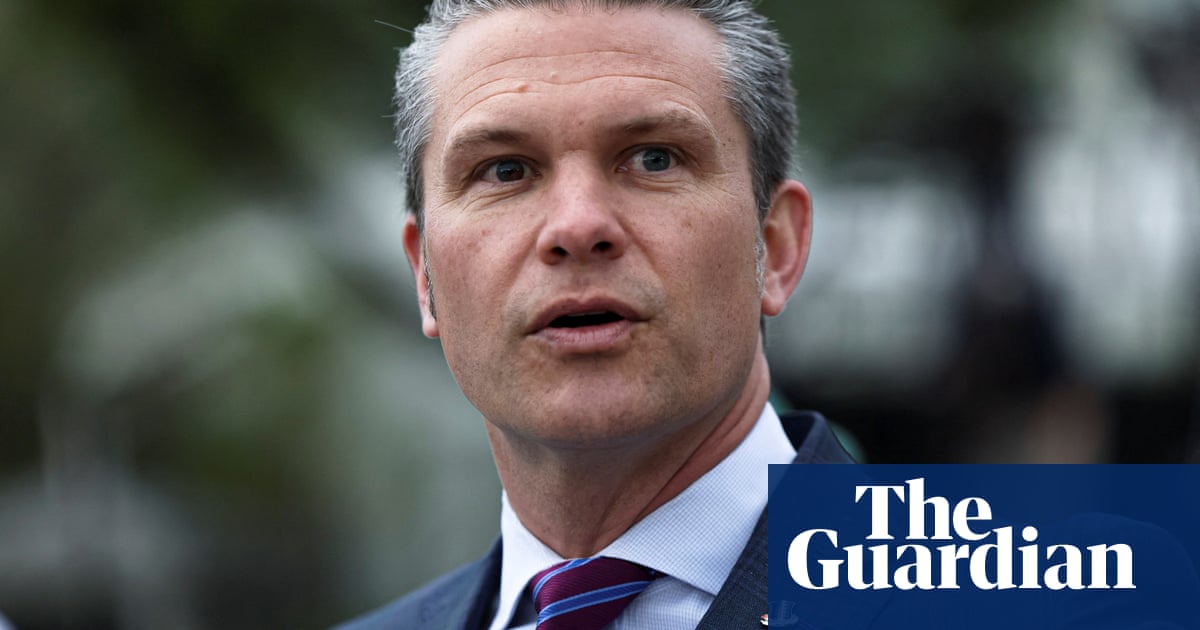It was almost noon when the players at FC Paços de Ferreira finished their training. They jogged under the blazing sun and then headed off in small groups to find some shade and water. On the street nearby, the club’s flag flew at half-mast. An electronic board displayed a photo of Diogo Jota with the word “Forever.”
Inside the stadium, the first-team changing room echoed with history. The floor was a green and white checkerboard, and the wooden lockers showed signs of wear. In October 2014, Jota wore the yellow jersey of Paços for the first time. When he moved to Atletico Madrid two years later, the money helped the club build a bigger stand. “That’s the Diogo Jota stand,” said Paulo Gonçalves, a club official.
Gonçalves pointed to the pitch where Jota scored his first goal and celebrated with his mother in the stands. Though he played only 45 matches for Paços, he always remembered where he came from. His gratitude for the club that believed in him never faded. Even as he rose to stardom, he stayed connected—offering advice to young players and checking in on the club during tough times.
Jota’s untimely death and the loss of his brother, Andre Silva, have left an entire community in shock. Everyone seemed to have a story about Jota—tales of his kindness and humility from places like Liverpool and Wolverhampton.
In the Gondomar area, where Jota grew up, his loss feels especially personal. He began playing football in a local team and stayed close to home. His family, including his grandfather, still lives in the community. As Vitor Borges, a local taxi driver, reflects, “His parents worked so hard to raise those boys. They didn’t deserve this.”
Memories of Jota flood in from neighbors. Miguel Pereira recalled kickabouts with Jota as children. He shared a photo of his son with Jota taken last year, saying it felt like only yesterday. At the local club’s academy, a makeshift shrine emerged. Flowers, candles, and scarves were laid in memory of the star; one message read, “You will always be our hero.”
Paco’s community felt the collective grief. Pedro Figueiredo, a Porto fan, expressed his admiration for Jota’s humble beginnings. “He didn’t come from privilege; he worked hard for everything,” he noted. Eugenia Dias brought her granddaughter to pay tribute, remarking how the whole town feels connected to Jota’s legacy.
The region of Gondomar is not just where Jota was born; it’s also known as Portugal’s goldsmith capital, with hundreds of jewelry businesses. This adds an additional layer to Jota’s story. He wasn’t just a footballer; his journey represents the labor and determination that resonates with many in the area.
Local resident Maria Nogueira, standing outside a church, summed it up: “He was a fighter, a symbol of us.” On the day of the public wake, the line to pay respects began to grow. Families and friends gathered, united in their sorrow. Many shared memories, while others simply stood in silence.
As the funeral approached, more figures from the football world arrived, drawn by their memories of Jota. Players rushed in from around the globe, demonstrating how deeply he touched lives both on and off the pitch. The grief his family feels is profound, marred by the senselessness of the tragedy. But one can only hope that amidst the pain, they will find comfort in the joy and love Jota shared in his 28 years.
Maria Nogueira stood with a bouquet of flowers, containing a heartfelt note: “Thank you, Diogo, for making so many people happy.” Jota’s spirit will continue to shine bright in the memories of those he left behind.
Source link
Liverpool, Wolverhampton Wanderers, Portugal, International Football, Premier League, Soccer






















